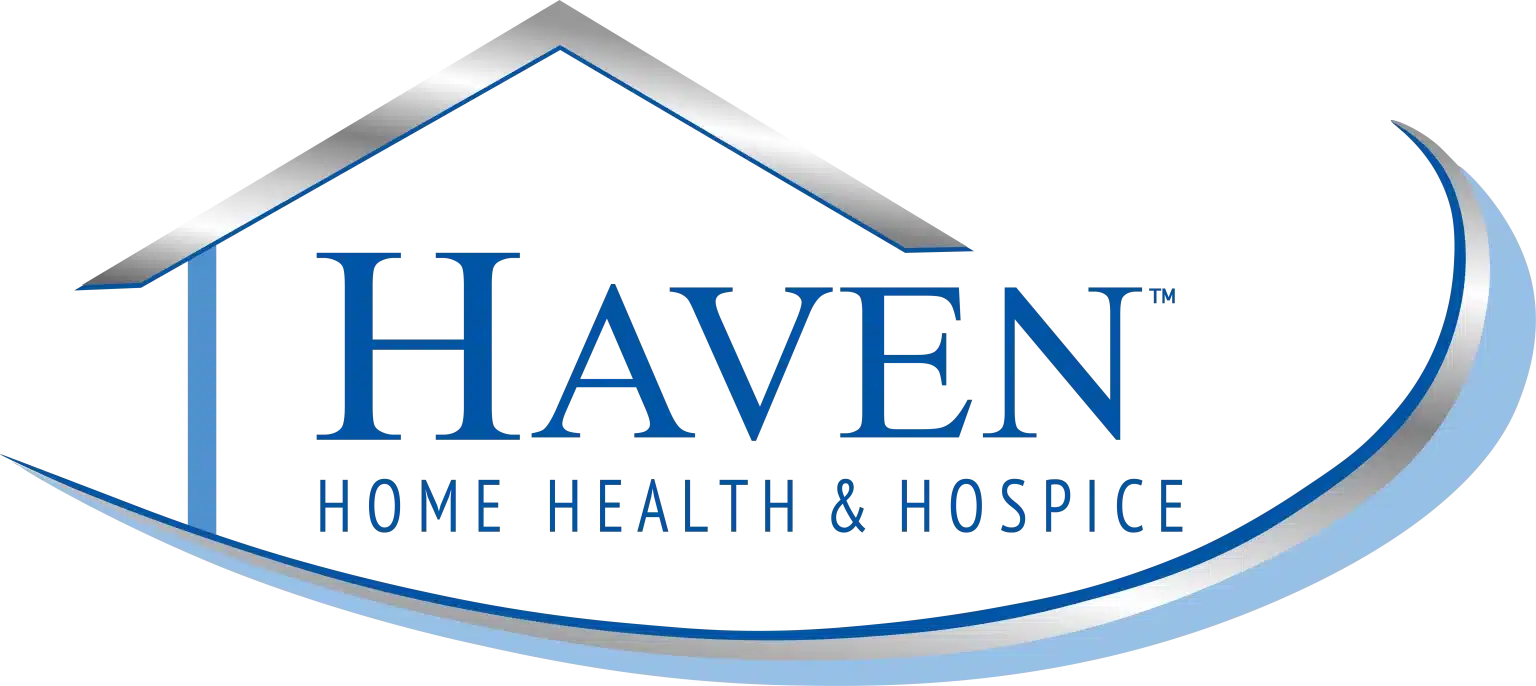In recent years, the largest U.S. health insurers have extended their influence into the pharmaceutical industry by acquiring pharmacy benefit management (PBM) companies, significantly altering the healthcare landscape. PBMs act as intermediaries between drug manufacturers, pharmacies, and health insurers, playing a crucial role in determining drug prices and coverage. Major mergers, such as CVS’s acquisition of Aetna and Cigna’s purchase of Express Scripts, have resulted in CVS, Cigna, and UnitedHealth controlling nearly 80% of the PBM market. This consolidation has given these insurers enormous leverage over drug prices and formularies, raising concerns about the lack of transparency in PBM operations. Critics argue that the savings negotiated by PBMs are often not passed on to consumers but are instead used to increase the profits of the insurers. The dominance of these few companies in both the insurance and pharmaceutical markets has sparked calls for greater regulation to ensure that consumers are not unfairly burdened with high medication costs due to the opaque practices of PBMs .
Is Private Pay Home Care Cheaper Than Nursing Homes?
When it comes to caring for an elderly or disabled loved one, many families face a big question: Is...






